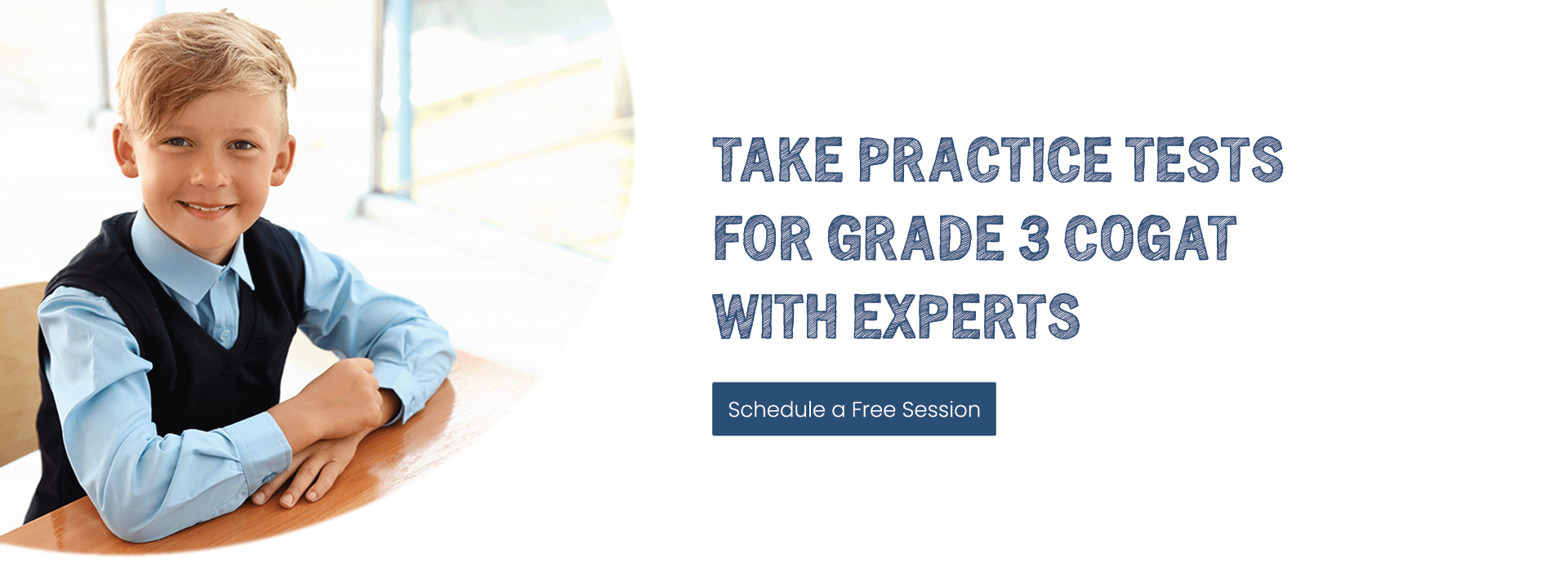

If your child is reading at at least a seventh grade reading level then Building Thinking Skills Level 3 is our number one recommendation.

A child who has prepared at this higher level is more likely to be able to answer the most difficult questions on the test. That's why the list below includes titles that are notionally for higher grades. An average child in sixth grade would not be expected to be able to answer the most difficult questions on the CogAT. There is no defined curriculum for the CogAT. It’s not like a spelling or a math test where if you know the words or the facts you can get 100% and there is little advantage is learning more difficult words or practicing more difficult math problems. For each of the titles below you can get more information including a look inside at sample pages by clicking on "more info" after the brief product description.

Add other titles depending on your child's relative strengths and weaknesses in the different areas of testing, what they'd enjoy doing and what you've got time for. If you'd like recommendations for your situation please email or phone with some information about your child and I'd be happy to make suggestions.įor most able sixth graders children Building Thinking Skills Level 3 Figural, Building Thinking Skills Level 3 Verbal and Scratch Your Brain and/or Challenge Math will be the place to start. If your child has areas of particular strength or weakness then you may wish to adjust up or down a level. The recommendations below are for the typical gifted child taking CogAT Level D in sixth grade. You are here: Home > CogAT (Cognitive Abilities Test) > Grade 6


 0 kommentar(er)
0 kommentar(er)
